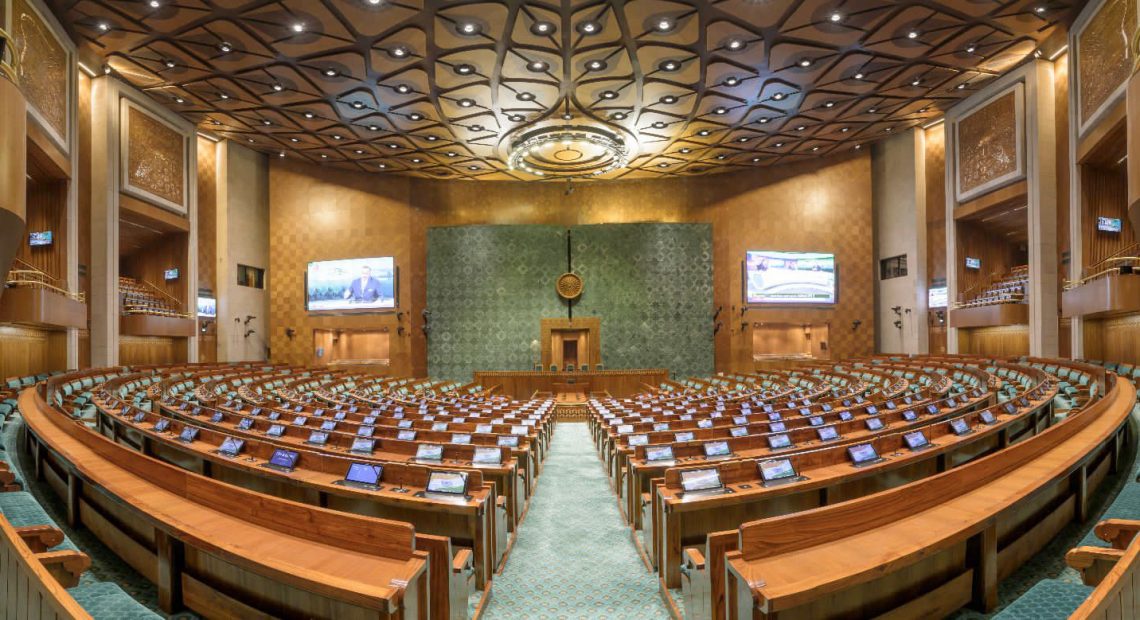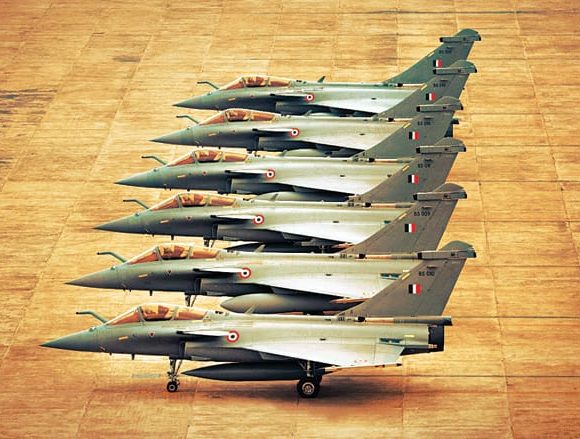
Union Cabinet Meets Today Amid 36-Hour Tensions Post Pahalgam Attack
The Union Cabinet is set to convene today, marking its first official meeting since the devastating terrorist attack in Pahalgam, Jammu and Kashmir, that claimed the lives of 26 Indian nationals. The meeting is scheduled for April 30 at 11:00 AM and is expected to serve as a critical juncture in shaping India’s official response to the attack and rising cross-border tensions.
The development follows a series of high-level security meetings chaired by Prime Minister Narendra Modi, who recently conducted a comprehensive review session with Defence Minister Rajnath Singh, National Security Advisor Ajit Doval, Chief of Defence Staff General Anil Chauhan, and the chiefs of the Army, Navy, and Air Force. During this session, the Prime Minister gave the armed forces “complete operational freedom” to decide the timing, nature, and target of India’s response to the Pahalgam killings.
National Leadership and Security Apparatus Mobilized
In a flurry of political and strategic activity, Home Minister Amit Shah held follow-up consultations at the Prime Minister’s residence later that evening. Notably, RSS chief Mohan Bhagwat also visited the Prime Minister, signaling the gravity of the situation and the unified consensus emerging across key ideological and administrative leadership.
The Cabinet Committee on Security had earlier met on April 23, just one day after the attack, to weigh immediate countermeasures. Today’s Union Cabinet meeting is expected to expand upon those initial discussions, focusing not only on military preparedness but also on diplomatic strategies, international messaging, and long-term security doctrine updates.
Measures Already Taken and Global Reactions
India has already undertaken several significant actions in response to the terror attack. These include suspending the Indus Waters Treaty, shutting down the Wagah-Attari border for civilian traffic, and curbing diplomatic engagements with Pakistan. These moves have signaled a hardening stance on state-sponsored cross-border terrorism.
Globally, while the United Nations Security Council condemned the Pahalgam attack, diplomatic efforts by certain countries reportedly sought to water down the language of condemnation, prompting concerns in New Delhi about global double standards.
As the Cabinet meets today, the nation awaits decisive actions. With regional security hanging in the balance and a 36-hour warning window looming from Pakistan’s side, the outcome of this session could define India’s next military and diplomatic steps in the subcontinent.


















